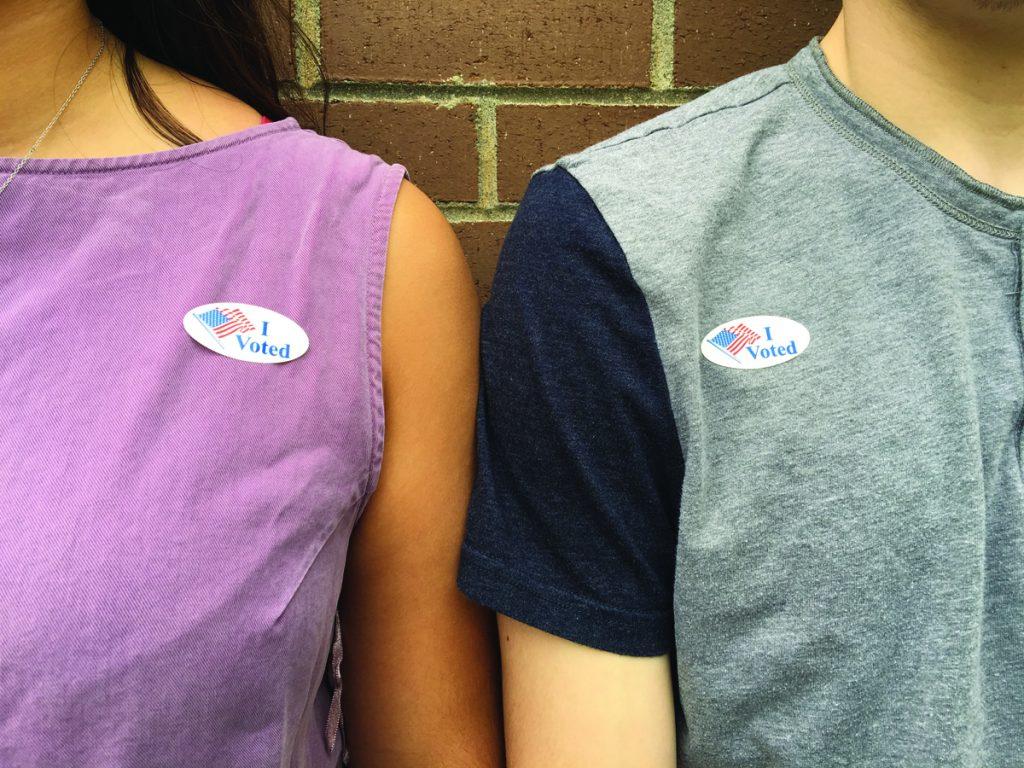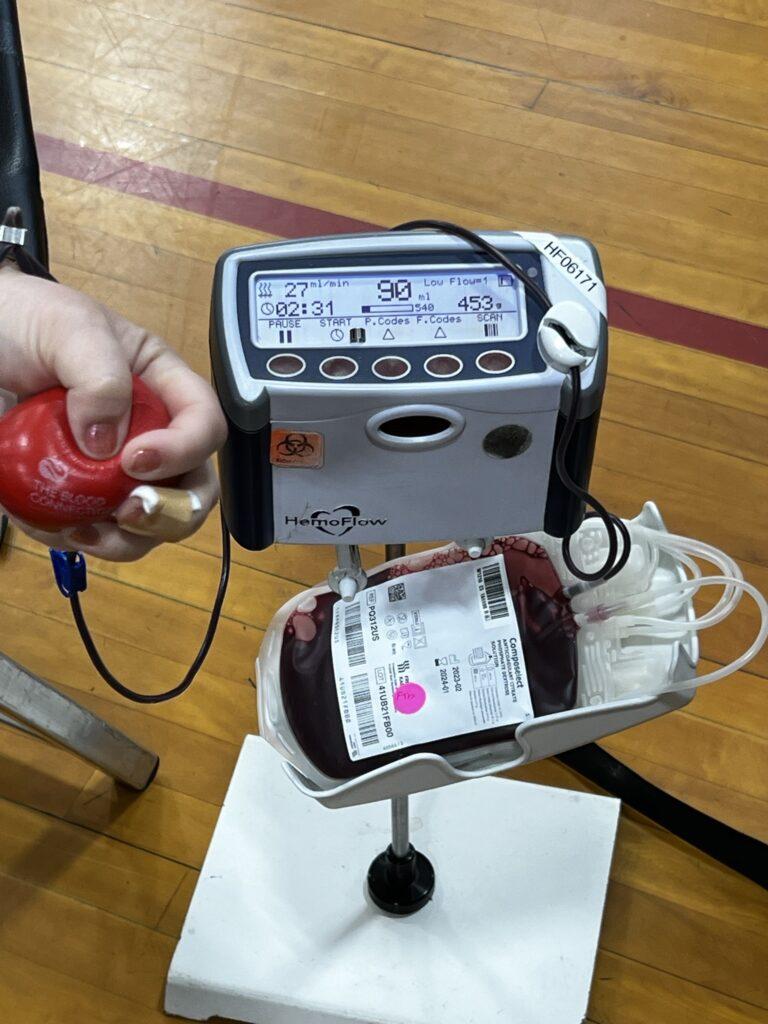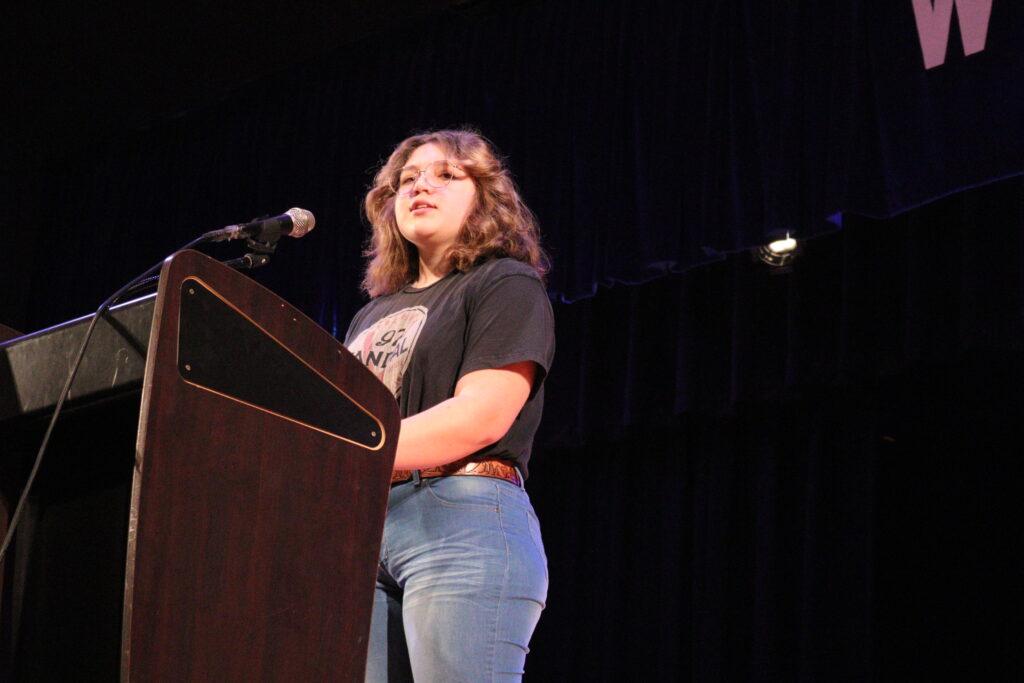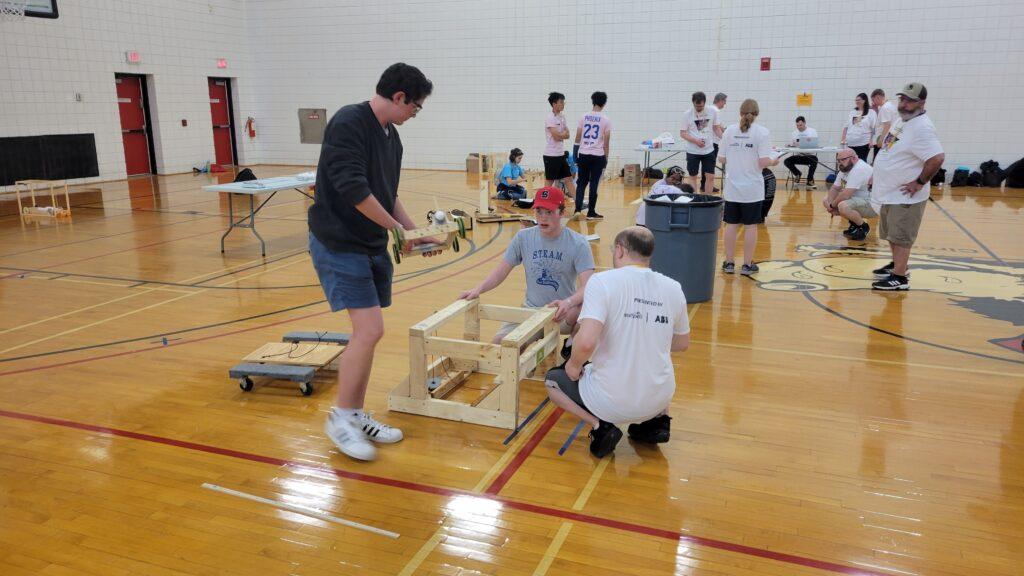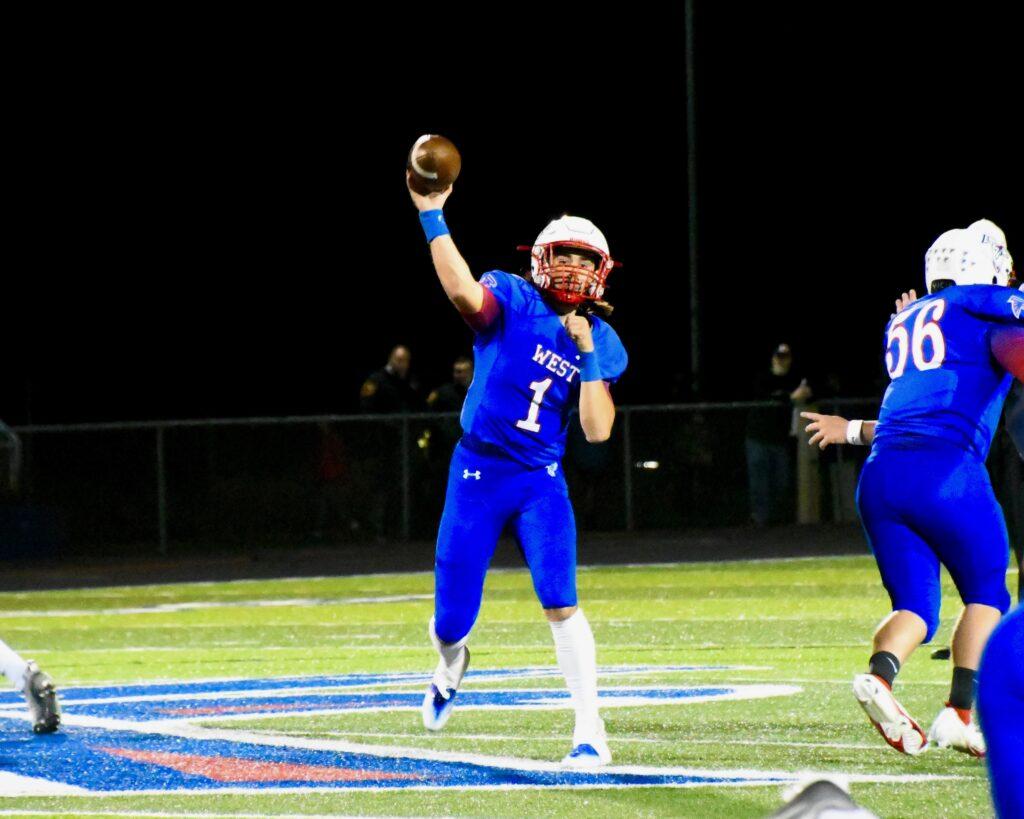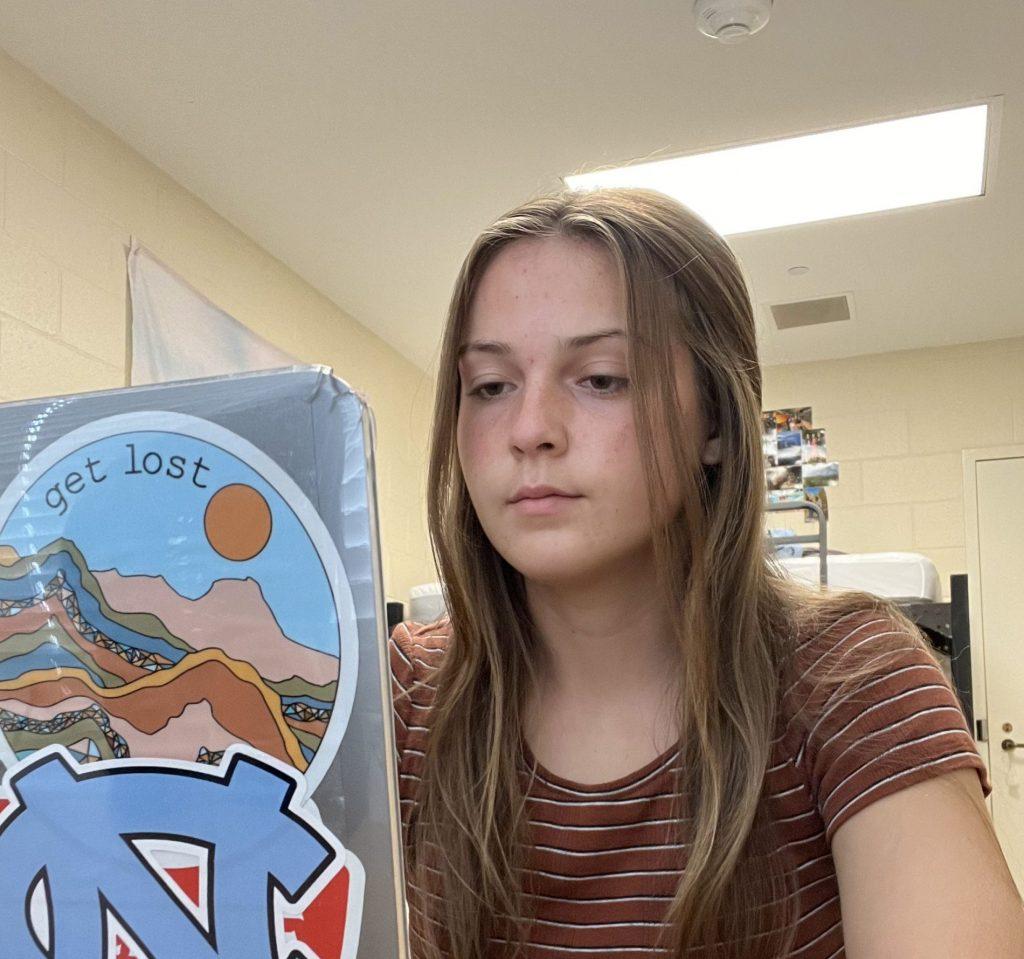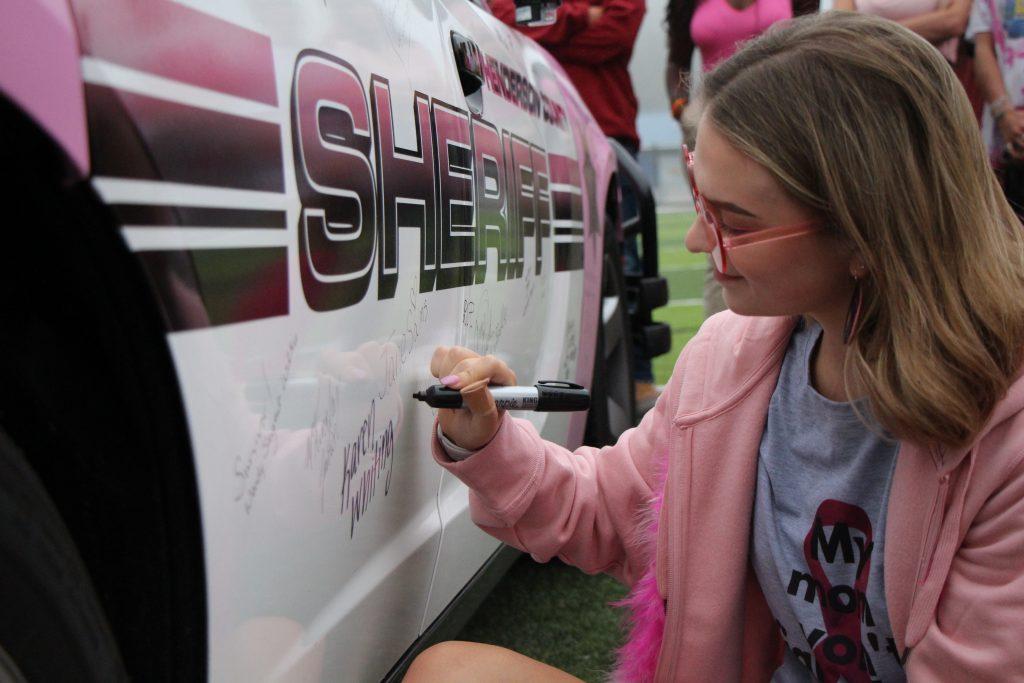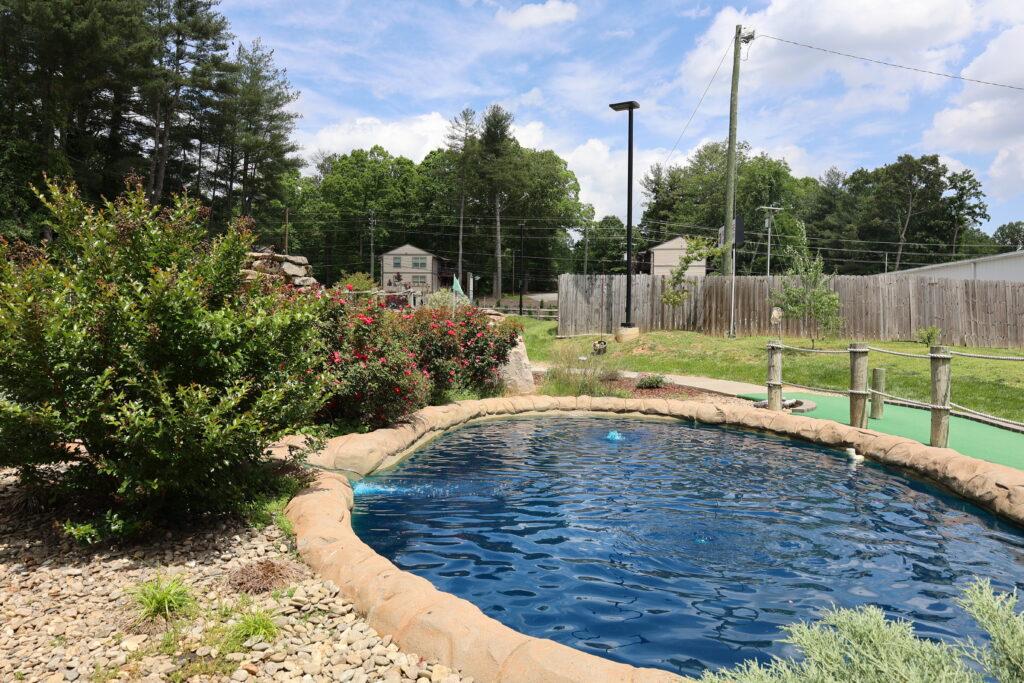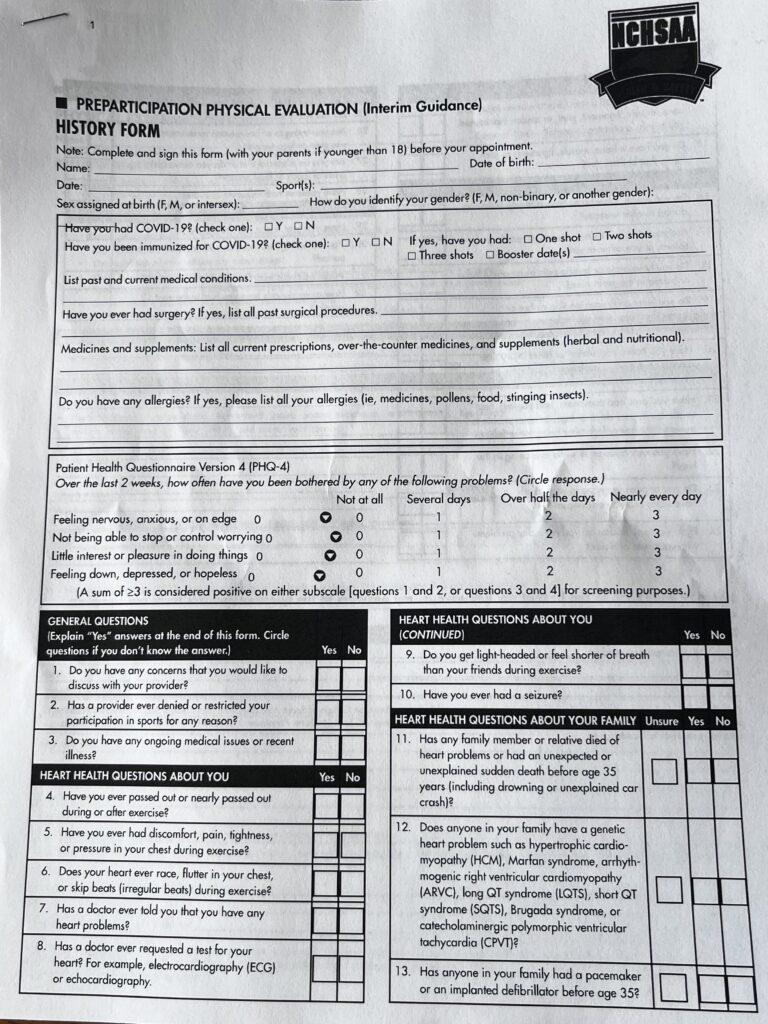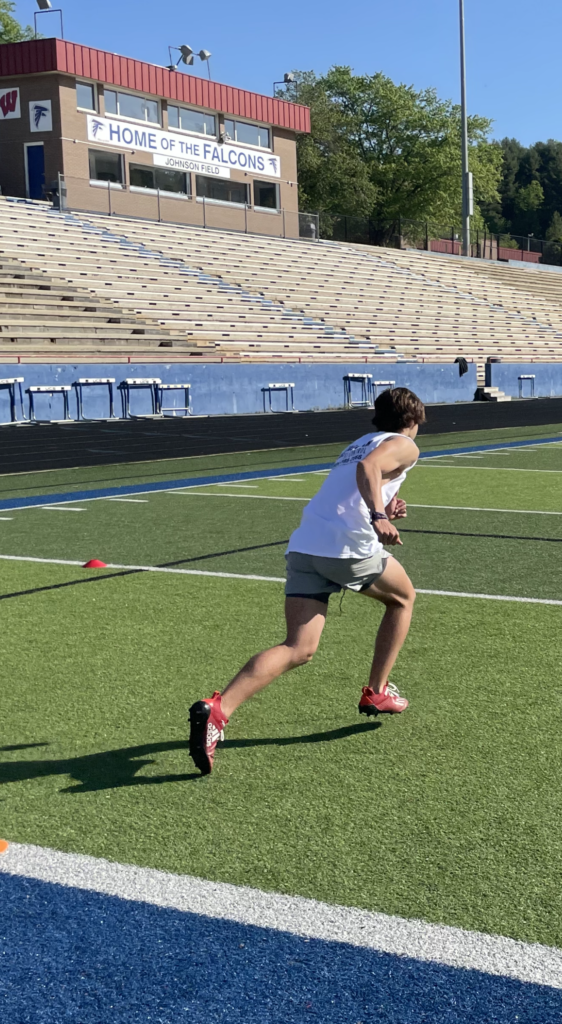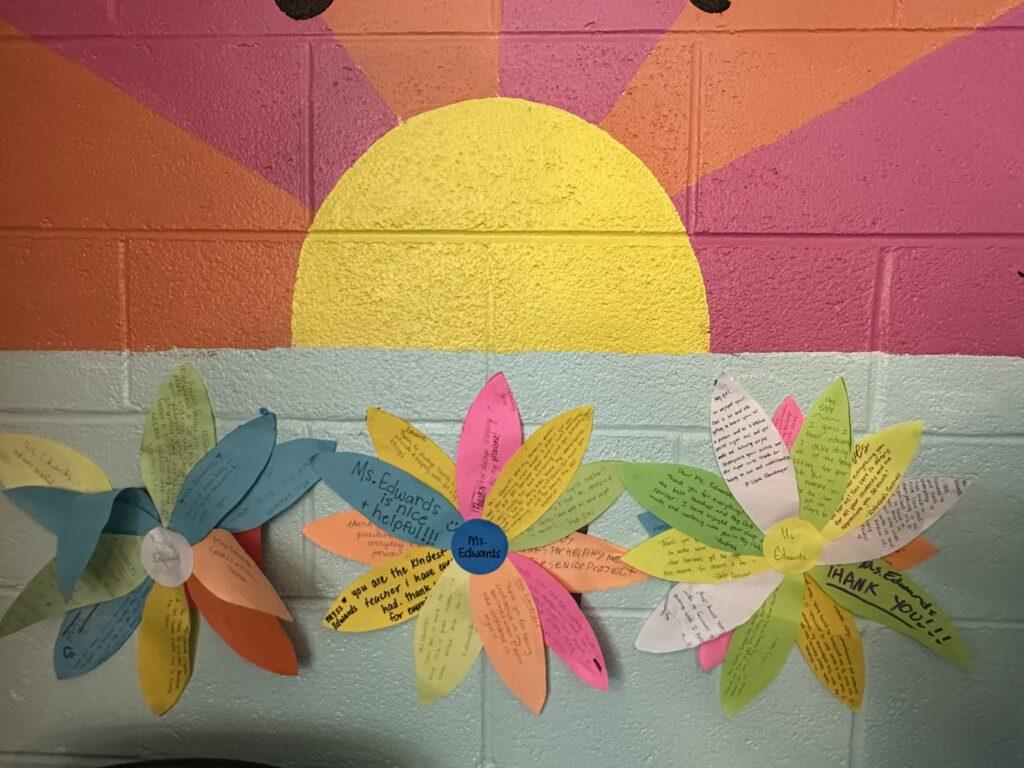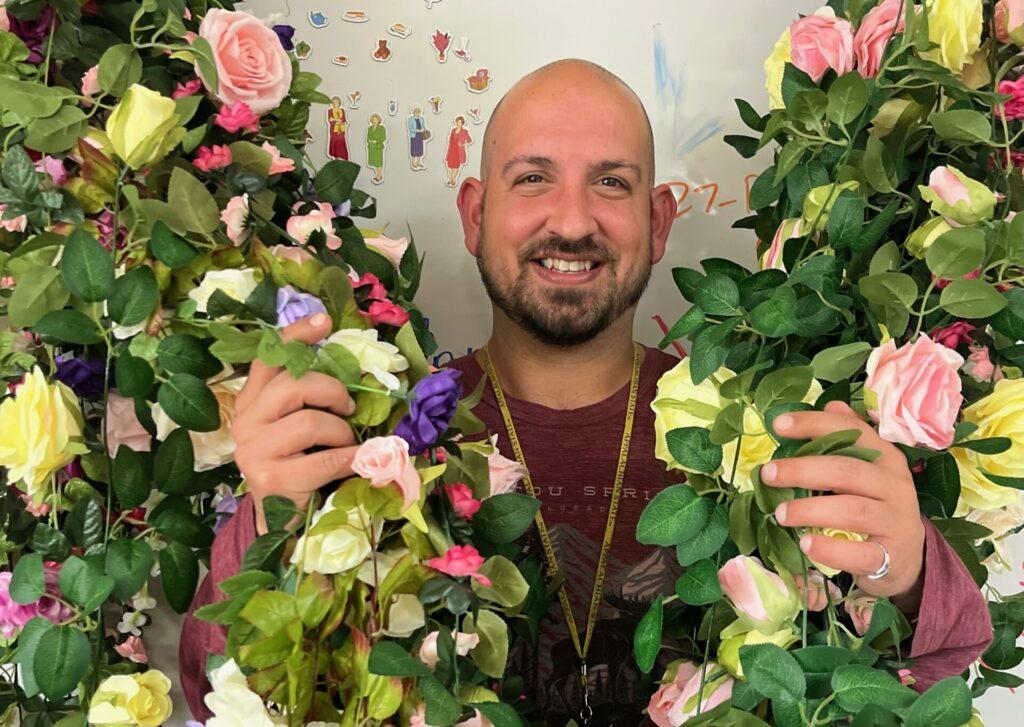Every four years, Americans have the opportunity to choose their state and national leaders. Before election day on Nov. 8, the Democratic and Republican parties are currently choosing candidates in primary elections. In North Carolina, the primaries were March 15 and June 7.
While the national voting age is 18, teenagers who are 17, but will be 18 before the Nov 8 general election were able to vote in the primaries.
“If they’re being allowed to vote in the general election and it’s only a couple of months difference, what’s the difference in letting them vote in the primary and letting them have a say in that as well because a couple of months is not any different. They aren’t going to be any wiser,” social studies teacher Vanessa Price said.
While the deadline for voting in the primaries has passed, there is still time to register for the Nov. 8 general election. The process for teenagers to register to vote is simple. It can be as easy as telling the officer at the Department of Motor Vehicles one’s affiliated party while getting a driver’s license, printing out a form online or registering at a voter registration drive like the one at West in February.
“It was really easy. You just go on the website and print out the form. Then it’s like a five minute thing you fill out and send it in and you’re registered,” senior Alexis Whiteside said.
Teenagers can also register at the DMV office. Junior Rachel Gillette described the process as a simple one. “It was easy. I was getting my after-nine license, and the DMV worker asked if I wanted to register. That was it, and it just took two minutes.”
The Henderson County Director of Elections Beverly Cunningham also described the process as easy.
“You can actually now go online, which any 17 year old has access to. They can download the form. Then they can fill it out. We do have to have the original because we have to have the original signature,” Cunningham said. ”But it’s simply a process of sticking it in the mail or dropping it by the office.”
Despite how simple the process is, many eligible 17 year olds haven’t registered. Out of all of the 17 year olds in Henderson County only around 220 had registered to vote in time to participate in the March primary, Cunningham said.
“I think teenagers don’t vote because they think they can’t make a difference or a change and they can’t do anything, but they can,” Whiteside said. “They make a difference because that’s how we decide who’s going to be the two candidates, and if you don’t vote and then you end up not liking the candidates, then it’s partially your fault because you didn’t vote in the first place.”
In other places, 17 year olds are not allowed to vote because some adults don’t feel they are mature enough to be making a decision such as voting.
“I think a lot of people aren’t super aware of who they’re voting for,” senior Leah Dorn said. “I think by the time they’re 17, they’ve already decided what party they are, but they’re too busy with school, sports and friends and such to watch the debates and figure out which candidate they side with.”
The students who voted in March had positive responses. Senior Vivian Rodriguez described her experience with early voting and and working at the polling places on election day. “It was a little nerve-racking knowing that we were deciding our future. It made me feel like an adult. Working the polls was very exciting, knowing that I was a part of the election,” she said.
Civics became a senior-year graduation requirement this year. “It was a great time for the seniors to take the class,” civics teacher Frank Gerard said. “Most of the action in the political year takes place in the spring as opposed to the fall contrary to popular opinion, and most of my students were able to vote.”
The civics teachers said they hope seniors understand the importance of voting. “It’s good to start students off young in the voting process. Our voter turnout in America is horrendous, and one of the places we lack the most is our young voter turnout,” Price said.
By Zach Godwin

